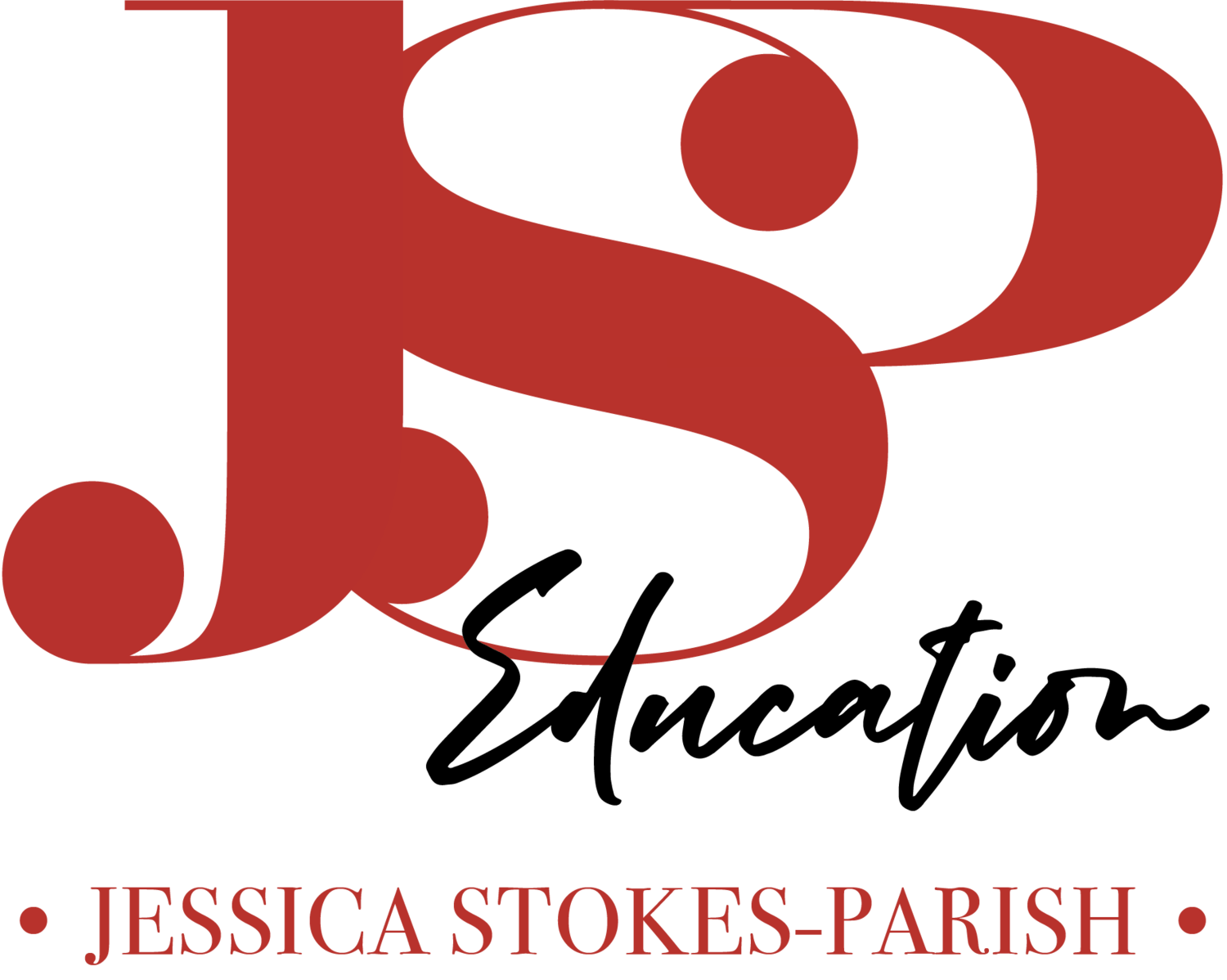CRABS - The Credibility Framework
What good is an educator if they can’t create a good mnemonic! If you follow me on socials, you’ll know I talk A LOT about red flags in online content. By red flags I mean “things that make you go hmmmm….”. Introducing CRABS!
This framework is designed to help you scan whatever you are reading, scholarly or non-scholarly, and identify anything that might need further consideration.
What’s the evidence behind it?
There are several critical appraisal tools (the fancy term for assessing the quality of information) available to researchers, educators and scientists, but I was struggling to find one that was memorable and accessible. A mnemonic is a specific strategy to enhance memory with the hope to have better recall of information. Mnemonics have been used and researched for many years in education and can be a powerful tool – in the right circumstances. There are many different types of mnemonic techniques, which I won’t explore beyond describing the one I have selected. Mnemonics are thought to work by capitalising on memory processes to enhance recall. The type of mnemonic I developed is a “first-letter mnemonic”, specifically an acronym, where the first letters of a series of other words creates a new word. “ROYGBIV” is an example of a first letter mnemonic, where each letter is a retrieval cue. There is some argument about the effectiveness of mnemonics for learning, however there is sufficient evidence for the use of mnemonics to trigger processes and memory. The purpose of the mnemonic in this instance is purely to create a memorable word (and visual) to create a mental model for assessing health information online.
You can read the full paper explaining CRABS (with references) here.
I have created an easy-to-use resource flyer here, that you are welcome to download and share. Please be sure to credit me as the author.
If you use it in teaching, at work or online - I’d love to hear how it has worked for you! Connect with me at @j_stokesparish.
